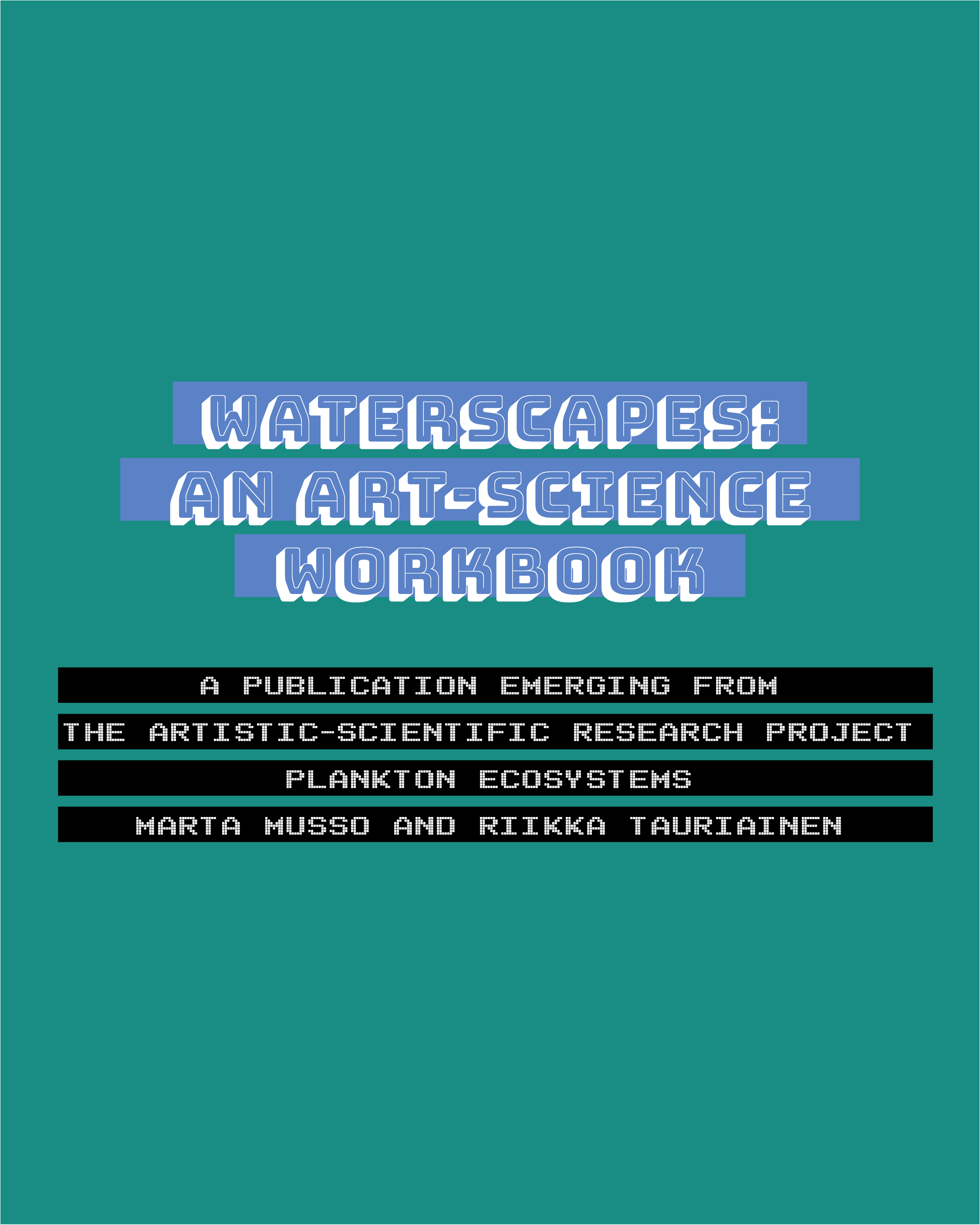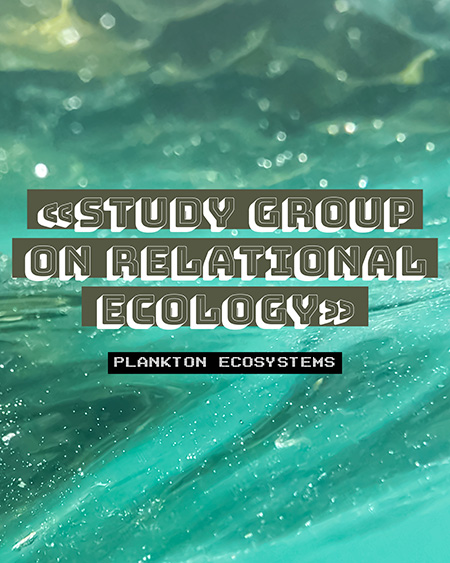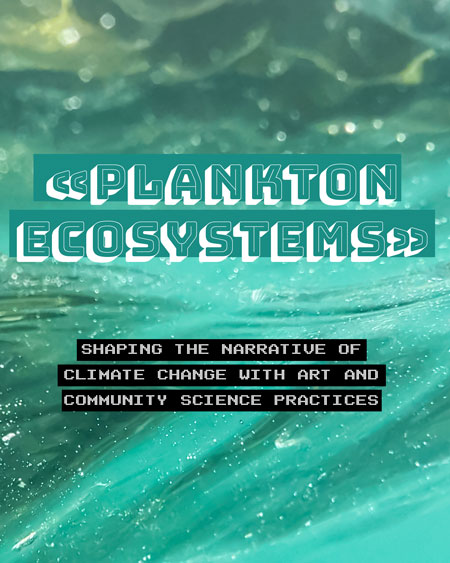current Residency
Plankton
Ecosystems – Shaping the Narrative of Climate Change
The Pro Helvetia Synergies project «Plankton Ecosystems» is a participatory art-science program by the EcoArtLab that seeks to understand plankton diversity and its role in climate change from a non-anthropocentric perspective. Its focus is on community science technologies, collaborative art formats, and experiential learning about marine ecology and ocean literacy, while exploring the connections and interactions between different bodies of water.
Plankton is extremely sensitive to environmental changes, and their condition is crucial for the well-being of all marine life. For example, phytoplankton provides more than 50% of the oxygen supply through photosynthesis and binds large amounts of carbon dioxide. It is therefore necessary to develop an awareness of aquatic networks and to reflect on the socio-political rights of living and dying waters.
«Plankton Ecosystems» takes a place-based approach that considers the different conditions in aquatic ecosystems and establishes relationships between the Alps, rivers, lakes in Switzerland, and the sea. It builds an artistic-scientific knowledge base about aquatic ecosystems, focusing on the role of plankton in marine ecosystems and the regulation of the Earth's climate. The collaboration uses film and storytelling, building on sensory experiences, to explore the connection between water and imagination, emotion and physical reality.
The interaction between artists, researchers and the public aims to promote an inclusive understanding of water landscapes and transfer it to new contexts. Participatory formats such as study groups, art-science talks and workshops, and an artistic workbook on community science will be used to bridge the gap between knowledge and action in society.
«Plankton Ecosystems» is carried out in close collaboration with the SNSF project "Relational Encounters between the Arts and Climate Research", which provides an analysis of the project through the lens of artistic research and the practices and methodological approaches of its implementation.
Project management: Riikka Tauriainen
Project responsibility: Yvonne Schmidt
Participants: Franco Borgogno (European Research Institute, ERI), Marta Musso (marine biologist), Johanna Paschen (PhD researcher), Thubten Jonas Shontshang (coordinator), Meike Vogt (Swiss Federal Institute of Technology Zurich, ETH)
Study group: Andrea Bordoli (University of Bern, Institute of Social Anthropology), Nicolle Bussien (artist), Jinat Hossain (University of Bern, Institute of Geography), Celestina Widmer (University of Fribourg, Department of Contemporary History)
Partners: ERI: European Research Institute, Turin, Italy; ETH: Environmental Physics Group, ETH Zurich; Kunsthaus Biel Centre d'art Bienne; Kunstmuseum St. Gallen
Duration: 3/2024–12/2025
Funding: Pro Helvetia
Contact: riikka.tauriainen@hkb.bfh.ch
Waterscapes: An Art-Science Workbook is out:
A living workbook emerging from the project Plankton Ecosystems, developed through artistic-scientific field research, workshops, and shared exercises.
The workbook invites readers to observe, sample, map, and draw water bodies, and to engage with plankton and other microscopic life forms that shape aquatic ecosystems but often remain invisible.
An open format meant to be activated in classrooms, workshops, community science, and artistic practices.
Languages: English, Italian, and German.
DOWNLOAD HERE FOR FREE


 news, publication, intervention, Plankton Ecosystems
news, publication, intervention, Plankton Ecosystems
 Residency open arts lab & Workshop:
Residency open arts lab & Workshop:
 Study Group:
Study Group:

